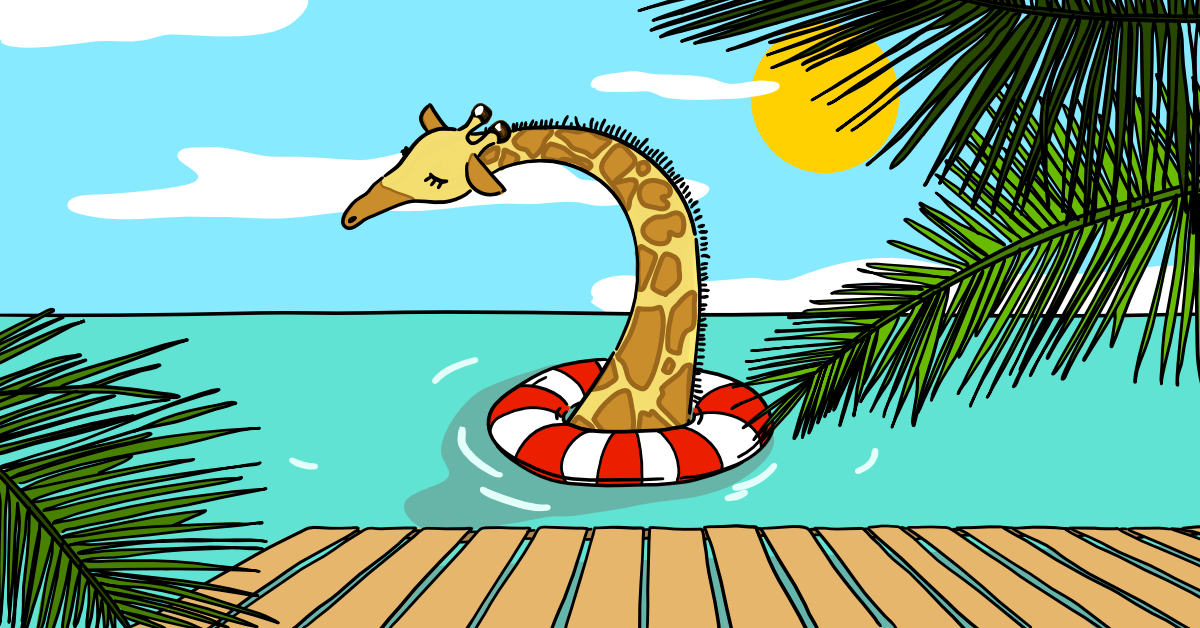Trauma, Zeal, Syria, Life, Pace
The Night The Lights Went Out
Drew Magary | Deadspin | 16th May 2019
In which the writer collapses with a brain haemorrhage, undergoes surgery, spends two weeks in a coma, months in rehab, and returns to the working world. “I’m more irritable than I was, but I can’t tell if that’s because my brain is still swollen or because life is more irritable at the moment. I do know that I’m different. Still me, but not quite. All the pieces of me aren’t all lined up exactly as they were, and I haven’t fully accepted this yet. I liked who I was before all this. I’m not sure about this new fella” (7,100 words)
This Place Is Pryson
Mary Wellesley | LRB | 16th May 2019
An anchoress was a medieval religious hermit who chose to spend her life alone in a dark cell the size of a cupboard, praying and doing penance. But why? “Why would you want to rend your own skin with a lead whip? Why would you want to spend decades inside your own grave? The choice looks more reasoned when you consider that becoming an anchoress was a way of avoiding the dangers of childbirth and the misery of a forced marriage. It was also a position of authority and social standing” (3,800 words)
Shadow Strike
Yaakov Katz | Tablet | 16th May 2019
Gripping account of how Israel planned and executed a 2007 bombing raid on a nuclear reactor being built at a remote desert site in Syria. “If Israel attacked, it ran the risk of instigating a devastating war. If it didn’t, one of its enemies would have nuclear weapons”. The Israeli cabinet signed off on a night-time strike by eight warplanes — enough to destroy the reactor, but not so large as to force a humiliated Syria into all-out war. “The name the Israeli Air Force gave the operation said it all: Soft Melody” (8,100 words)
The Last Mortals
Regina Rini | TLS | 14th May 2019
Are we the last true mortals, you and I? Science may find a way to halt ageing, and to cure all disease, in the lifetimes of our children or grandchildren. They will not have everlasting life forced upon them; they may die by accident or choice; but continuing to live, in good health, will be their ordinary condition; they will be like ancient gods. How should we, the soon-to-die, feel about that? Are we uniquely cursed among generations to have come so close to immortality, and to have it elude our grasp? (4,120 words)
When Men Lose To Women
Leyland Cecco | Walrus | 14th May 2019
Strong women runners are regularly beating men in marathons and ultramarathons. How so? Will this generalise to other sports? Male runners tend to have clear physical advantages, including bigger hearts and greater lung capacity. Women tend to be more disciplined in training, better at pacing themselves, better at fighting fatigue. They also seem be more mutually supportive: The greater the proportion of women runners in a race, the narrower the gap between women’s and men’s times (1,900 words)
Video: Nude Descending a Staircase No 3. Reinterpretation of Marcel Duchamp’s classic painting showing the process of movement (2m)
Audio: Alabama vs Roe vs Wade | The Daily. Discussion of Alabama’s new state law intended to ban all abortion, with the bill’s main drafter, Eric Johnston, and the Times’s Sabrina Tavernise (28m 09s)
Afterthought:
“There is still plenty of good music to be written in C major”
— Arnold Schoenberg
